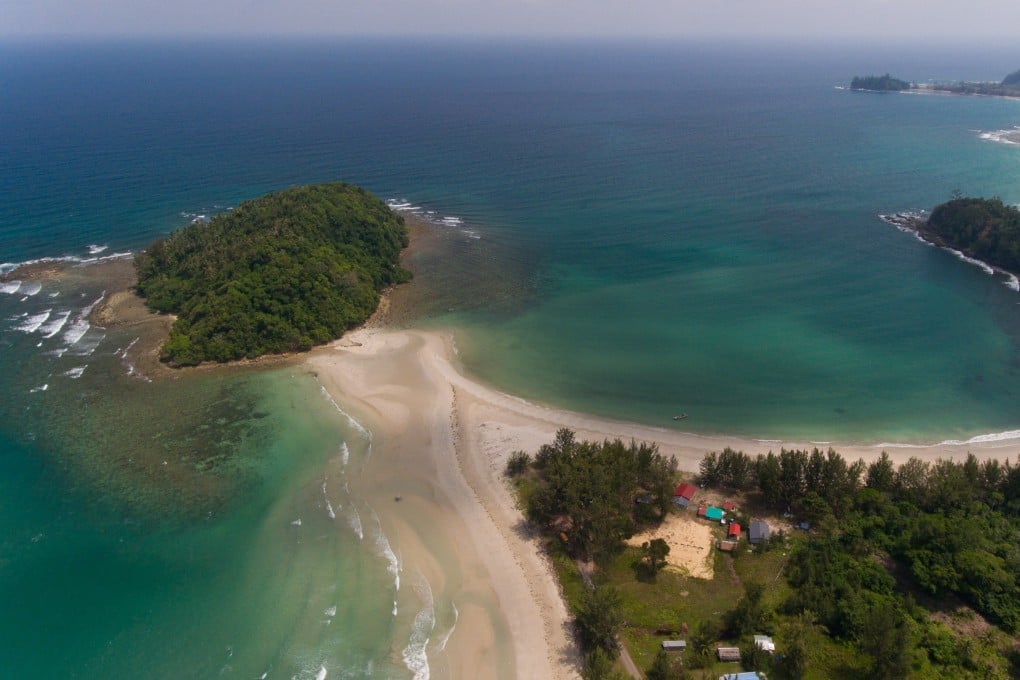Opinion | East Malaysia: why some people in Sabah, Sarawak are calling for secession
- Some believe the federation has not delivered on two key promises made in 1962 – high levels of autonomy and economic development
- There is also clear evidence that British powers had influenced the local leaders to agree to the formation of Malaysia

Unity is a common theme every year on Malaysia Day, the holiday celebrated last week that marks the day the country became a federation in 1963.
The legal instrument to form the federation is called the Malaysia Agreement (MA63).
Yet, for some people in Sabah and Sarawak states located on the island of Borneo – also known as East Malaysia – the agreement left them with mixed emotions. This group has long desired secession and, in recent years, the drumbeat of separation has only grown louder.
In a nutshell, the unhappiness with federation comes from a perception it has not delivered on two main promises made in 1962 – high levels of autonomy and economic development.
In the first area, the federal government has stripped away a lot of local powers in Sabah and Sarawak in the last 57 years. On top of that, the federal authorities have tried to impose the same toxic racial and religious politics found in Malaya (also known as West Malaysia) to the eastern states.

